User: | Open Learning Faculty Member:
This field research project has been very enlightening, both because I conducted a field research project from scratch and learned first hand the results and observations of my study of the effect of ambient temperature on bird activity, but also because it was the first field research project I ever completed and I learned along the way many errors that I had made that could have potentially affected the study. First of all, when I had first made my observations in my garden about bird activity in warm weather I didn’t take into account other variables such as migration timing. I began my observations in April when bird migration was beginning but conducted my field research in May and June when some bird species may have been fully settled. I wish that when I first noticed a potential pattern that I had done more research into what previous studies have shown as this would have helped me to properly form a hypothesis. My initial hypothesis was incorrectly formulated, mostly because I was inexperienced.
Next, I had some trouble during my field research as I had a hard time identifying some of the bird species. Woodpeckers, blue jays and cardinals were easy to identify but I often fumbled with my identification of smaller species such as sparrows, wrens and nuthatches, all of which are common in New Jersey.
Other variables affected my research, predominantly competition for food with other species. Although the bird feeder I used for point count research was squirrel proof, within a few days the squirrels did learn how to use it and it appeared that certain species of birds would not approach the feeder when squirrels were present. However, while this may have affected the number of birds that were counted and thus may affect the results regarding bird abundance and ambient temperature, competition for food sources is a real threat for bird species and needs to also be evaluated.
In hindsight, I feel as though my field research project would have benefited by having conducted thorough research at the beginning which would have aided me in my hypothesis. Secondly, finding an alternative way to identify species would have helped. Perhaps if I had first spent time becoming more accurate in this regard it would have helped. Lastly, if I had been able to better control competition with the squirrels, it would not have had a potential affect on the results.
